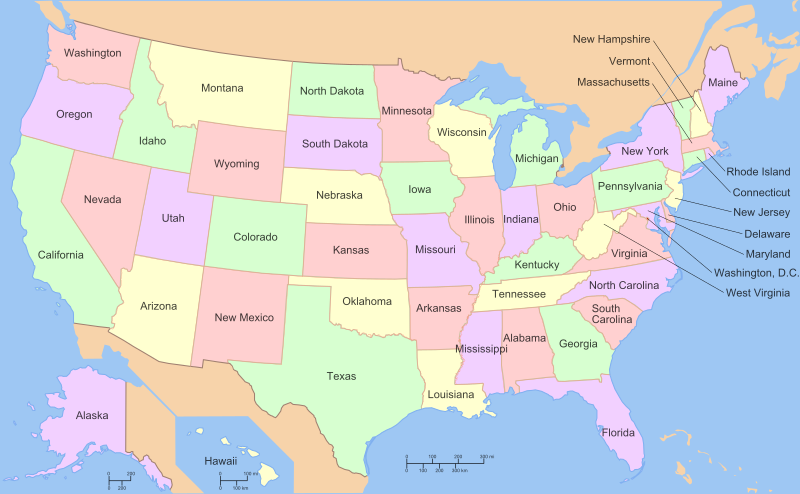
In the United States, the safeguarding of personal information is governed by a complex array of federal laws and state legislation tailored to specific industries, each with its scope and jurisdiction. This diversity presents a significant challenge to organizations operating nationwide regarding compliance.
Every state, including the District of Columbia, Guam, Puerto Rico, and the Virgin Islands, has established laws that mandate private businesses, and in most cases, government entities, to inform individuals about security breaches involving their personally identifiable information.
These security breach laws are comprehensive, encompassing various aspects:
- Entities Required to Comply: This includes businesses, data or information brokers, and government entities.
- Definition of Personal Information: This is typically defined as a combination of a name with a Social Security Number, driver’s license or state ID, account numbers, etc.
- Breach Determination: A breach is generally identified as unauthorized data acquisition.
- Notification Requirements: These laws specify how and when to notify affected individuals, detailing the timing and method of notice.
- Exemptions: Certain situations, such as encrypted information cases, may be exempted from these requirements.


Leave a Reply
You must be logged in to post a comment.